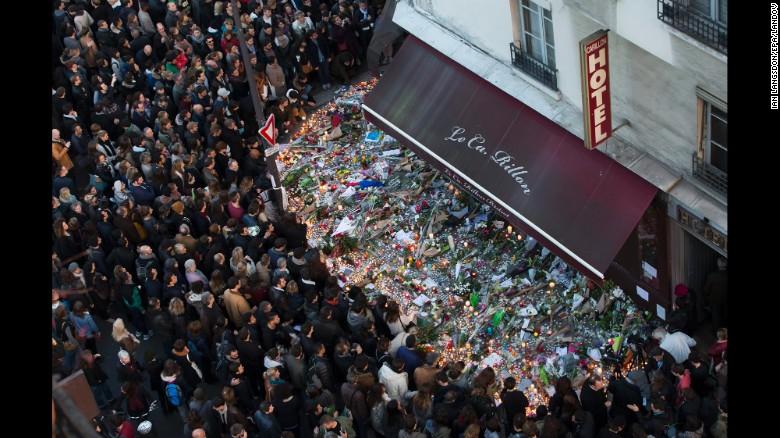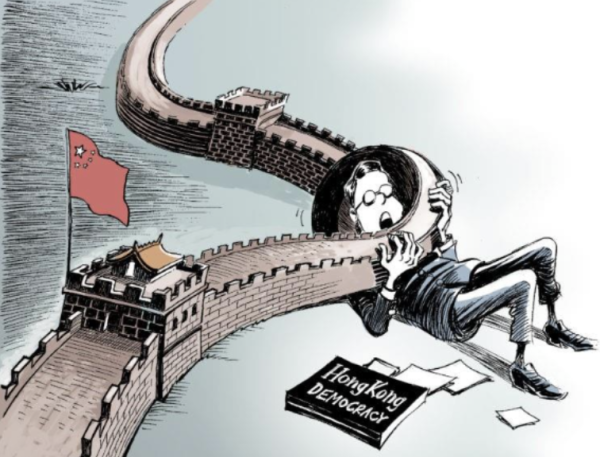Changing the Face of War
The nature of mankind is multi-faceted. The differences between us aren’t simply our physical appearances or internal thoughts; religion, social status, and political beliefs are just some of the factors that distinguish humans from one another. Humans express these differences in different manners. It is in our nature to stand up for what we believe in and to push people to get what we trust is the right thing; it all comes from natural instinct.
Since the dawn of human existence, war has been an instinctual course of action when the differences between two groups become too substantial or overwhelming to ignore. If we look at history, war has indisputably shaped what our world looks like today. However, this isn’t to say that we should condone war simply because it is “natural”. War is not the most pragmatic strategy to settle our differences, but we are often driven to it as a result of our beliefs, instincts, and opinions. Thus, these things are a driving force in human history. So what is it, exactly, that has caused countries to settle their differences by bypassing declarations of war and bombing innocent civilians and causing widespread havoc? Is it right to say that living under radical security measures is normal? Is it acceptable to be afraid of walking through a bustling city? Is it reasonable to argue that terrorism is just another component of human nature?
The terrorist attacks in Paris on November 13th, 2015 involved mass shootings and suicide bombings that killed 130 people. These attacks caused Parisians, along with the rest of the world, to question the motives of ISIS. There is no question that religious motives have had a history of influencing terrorists and that different interpretations of religious texts such as the Qur’an have been used to justify terrorists’ destructive and inhumane actions. However, over the course of the last century, could it be possible that the motives of terrorism have shifted from justifying religious beliefs to simply acquiring power? After the tragedy in Paris, French President Francois Hollande declared that the terrorist attacks were an act of war and a retaliation to the French bombings on ISIS camps. While the motives of terrorist attacks remain complicated, the seemingly political motives of the Paris terrorist attacks reflect war-like initiatives.
With the recent series of terrorist attacks and continued threats from ISIS, there is definitely a war-like atmosphere in our world today. But could it be possible that terrorism itself could become the new way to initiate war? Have mass shootings and suicide bombings become the new tactic to get a message across? Some argue that the desire for power, land, and money is innate to human nature, as is war. But at the end of the day, what is it that humans naturally want–and is it worth bombing and shooting innocent people to acquire it? The terrorist attacks of the 21st century might be replacing war, but whether this can be considered a pattern of human nature remains in question.











